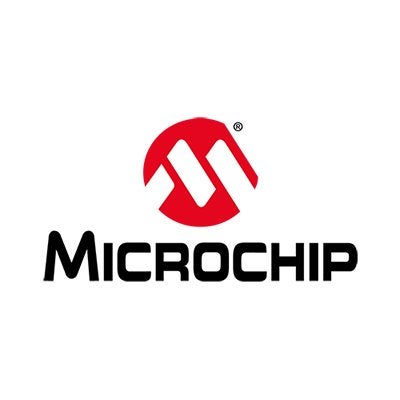
Our Mi-V Ecosystem partner Emdalo Technologies Ltd. (Emdalo) has successfully customised PolarFire® SoC FPGA Linux® and associated boot flow for Skycorp Inc.’s recent space-mission on the International Space Station (ISS). This customisation work can also be tuned for various applications like security, industrial monitoring, industrial robotics and others.
Powerful Customisations for Specialist Applications
Emdalo has customised Linux and the associated boot flow on our PolarFire SoC FPGA for Skycorp Inc.’s recent mission to the ISS. The Skycorp platform is built around the PolarFire SoC FPGA device, MPFS250T, a 64-bit multicore RISC-V CPU subsystem processor with FPGA fabric, error-correcting DRAM, eMMC Flash, SD-Card, Ethernet, and USB systems on board. The platform also runs the Linux Operation System (OS).
Background
iBoss iSSI®
The iBoss iSSI® (intelligent Space System Interface) Modular Coupling Kit is the “USB for Space”: a standard connector making NextSpace feasible now. Future space infrastructure and logistics—based on plug-and-play systems and ISAM (In- Space, Assembly and Manufacturing) supported by robotics—will enhance flexibility and drive growth. Such NextSpace will be “LEGO-in-Space” with modular building blocks and standard interfaces leveraging common parts principles and commercial-off-the-shelf (COTS). iSSI is the universal interface technology to boost industrialization of space infrastructure. With its unparalleled features, the iSSI enables innovative design philosophies and entirely new missions, operational and business models on ground and in space. In similar ways, the iSSI can serve growth markets on Earth as automotive, inter-modal transport, robotics, logistics and e-mobility.
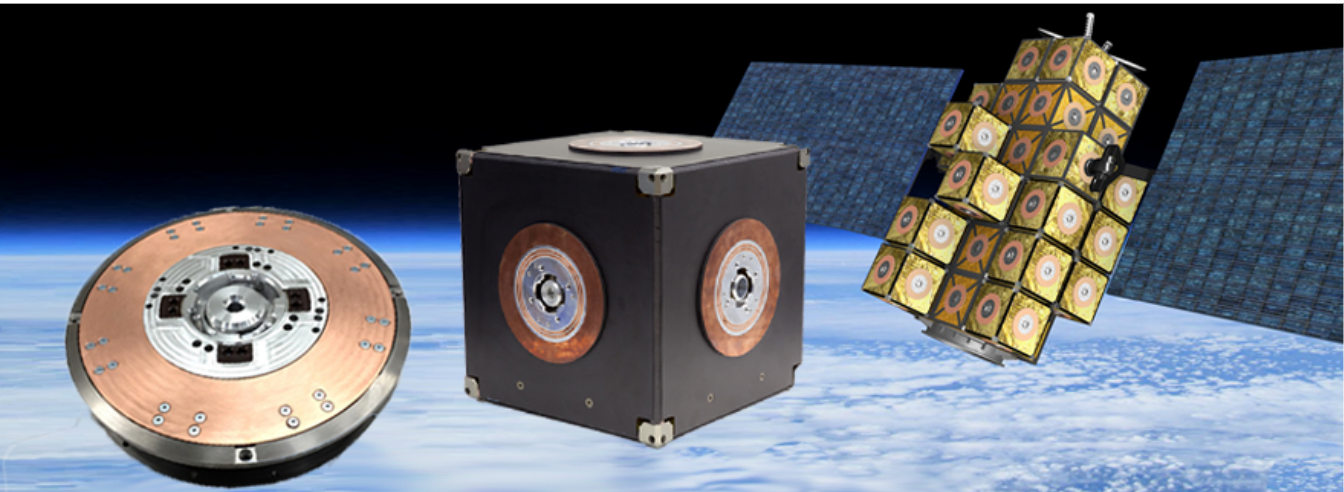
Figure 1: iBOSS iSSI
Intelligent Space Systems Interface Flight Qualification Experiment (iSSIFQE)
Skycorp Inc., a California company focused on orbital logistics, recently tested a key component of future satellite servicing vehicles on the International Space Station.
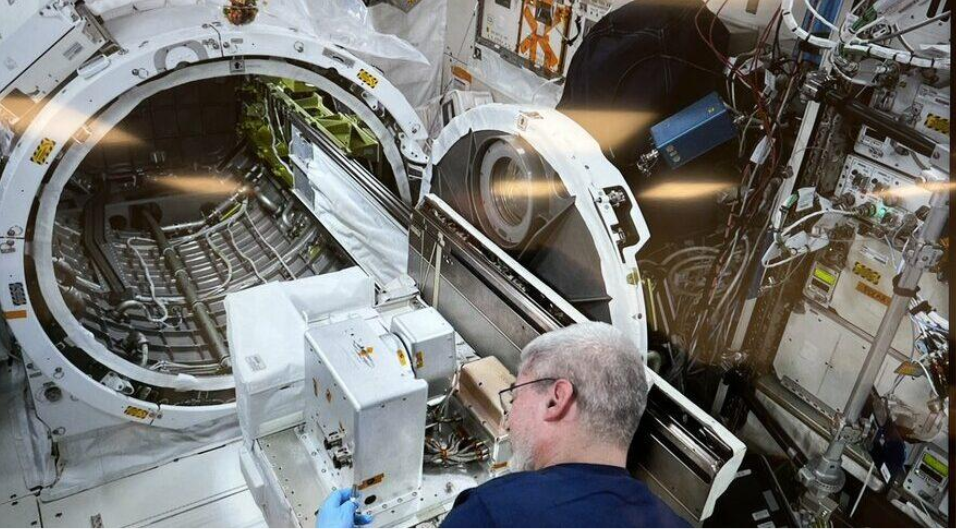
Figure 2: iSSIFQE in Development
Testing occurred of the robotic connector, developed by Germany’s iBoss GmbH to transmit power and data like a computer’s USB cable, alongside a Skycorp computer and a radiation sensor built by Space Environmental Technologies and jointly funded by the Defense Department and NASA Science Mission Directorate.
The successful test of the iBoss Intelligence Space Systems Interface will help pave the way for on-orbit servicing, assembly and manufacturing, according to Dennis Wingo, Skycorp founder and CEO, in SpaceNews.
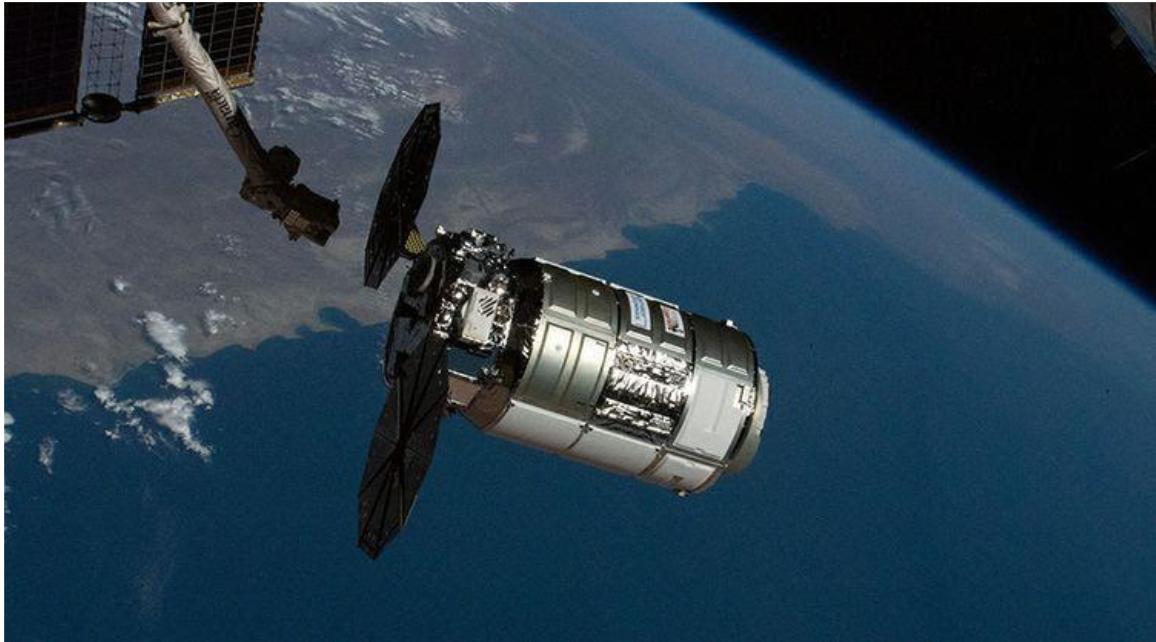
Figure 3: Northrop Grumman NG-17 Docking with ISS, Feb 22
The technology demonstration payload, called iSSIFQE, travelled to ISS in February on a Northrop Grumman Cygnus cargo spacecraft. Following that, astronauts assembled iSSIFQE in the Japanese Kibo module. The payload was then mounted on a platform outside the space station’s Japanese Experimental Module. The demonstration successfully lasted six months and testing continues today.
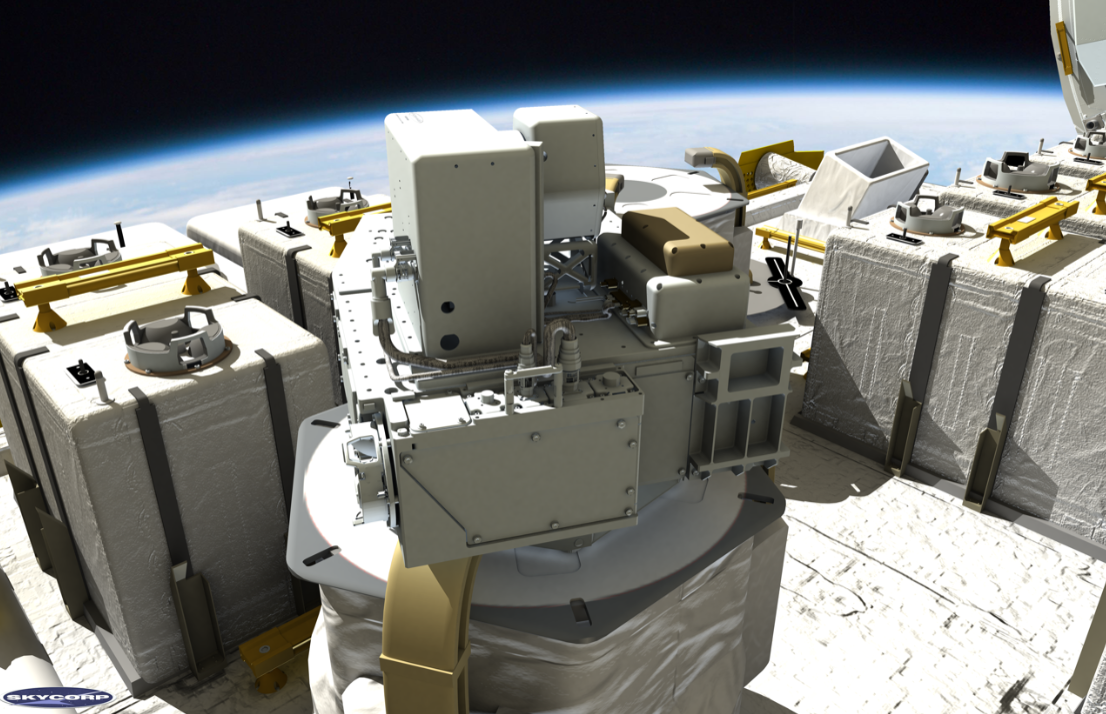
Figure 4: iSSIFQE at work, outside ISS, March 22
Linux and HSS Customisations
For iSSIFQE, with NG-17 launch date looming, Skycorp needed customisations and examples for Microchip PolarFire SoC FPGA. For iSSIFQE to be a success, Emdalo needed to extend Icicle reference kit to support a myriad of sensors and actuators, support In-Orbit Upgrade and upgrade reliability and fall-back capability.
We managed this by forking and managing our own variants of the Microchip Technology Inc. GitHub Linux, Yocto, examples and HSS repositories.
We added the capability cycle booting between SD-Card and eMMC—if one failed, the other would boot; we added a keep-alive signal to HSS so that if HSS failed, the entire PolarFire SoC system could be rebooted; we enabled both CAN busses, configured the SPI bus to work in Linux, and enabled both I2C and made these devices visible to user-space. We customised the CAN interface and added an example to illustrate how to use it from user-space. We added In Orbit Upgrade scripts and custom configurations and we developed and enabled utilities for FPGA Design upgrade (including HSS upgrade), Root File System upgrade, user-space package upgrade and kernel upgrade.
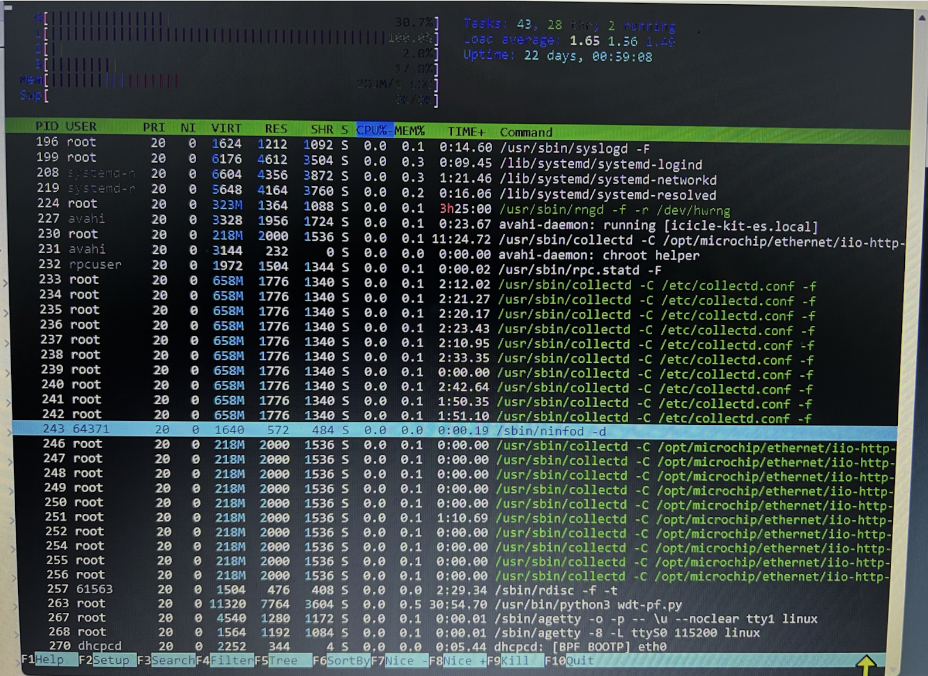
Figure 5: Linux on Microchip PolarFire(R) SoC on ISS, Apr 22
We were delighted to be able to see Linux running on our PolarFire SoC FPGA on the ISS in April 2022. The mission continues and the platform continues to give great reliability.
Lunar Mission
We are looking forward to working with Skycorp as they work to develop a Lunar Datacenter Payload for Lonestar Data Holdings which will be delivered to the lunar surface by Intuitive Machines, planned for 2023.
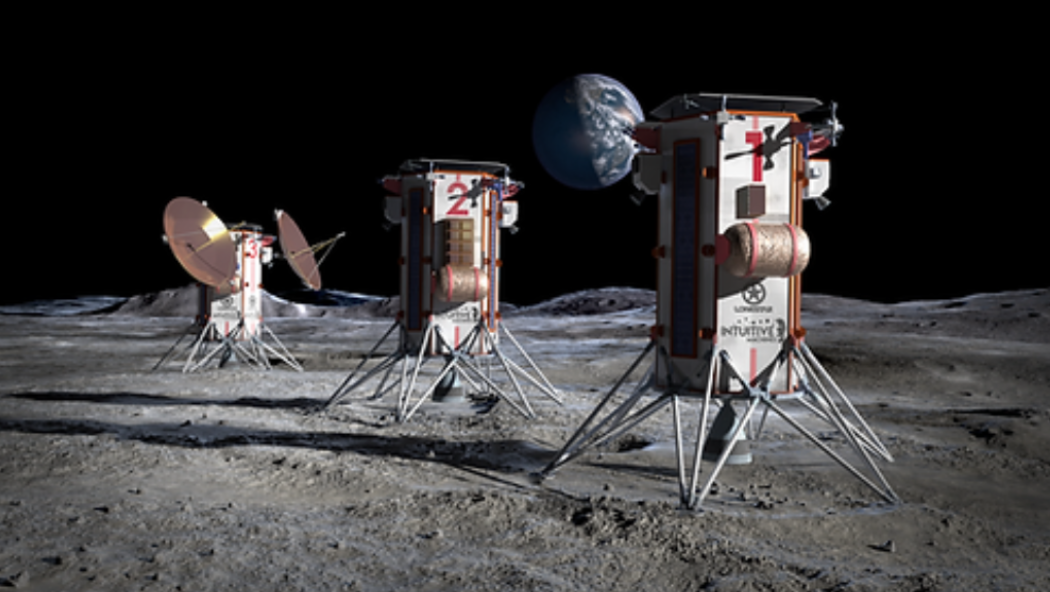
Take Action
If you’d like to consult with Emdalo about custom Linux work on PolarFire SoC, please contact daire.mcnamara@emdalo.com.


